In the world of dreams: what actually happens to your brain at night
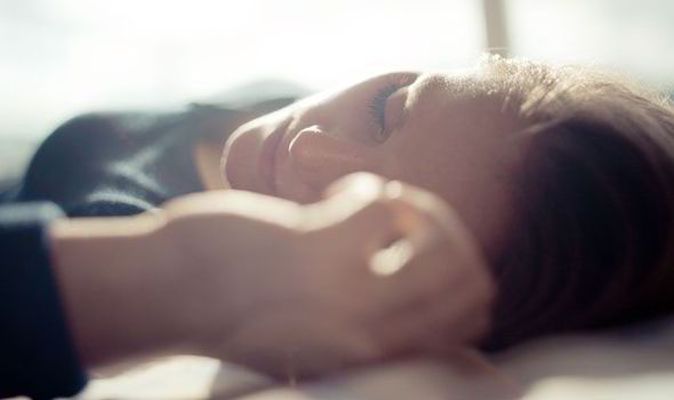
Every time you go to sleep, your brain keeps awake, doing several important things at once: recharging your batteries, fixing in your memory what you have experienced and learned in a day (including trying to get rid of the most bad memories), and Finally, he organizes unique "movie nights" for you - dreams.
We propose to spy on the sleeping mind along with BBC Future and find out what is happening in it at different stages of sleep.
1st hour after going to bed: fast sleep phase
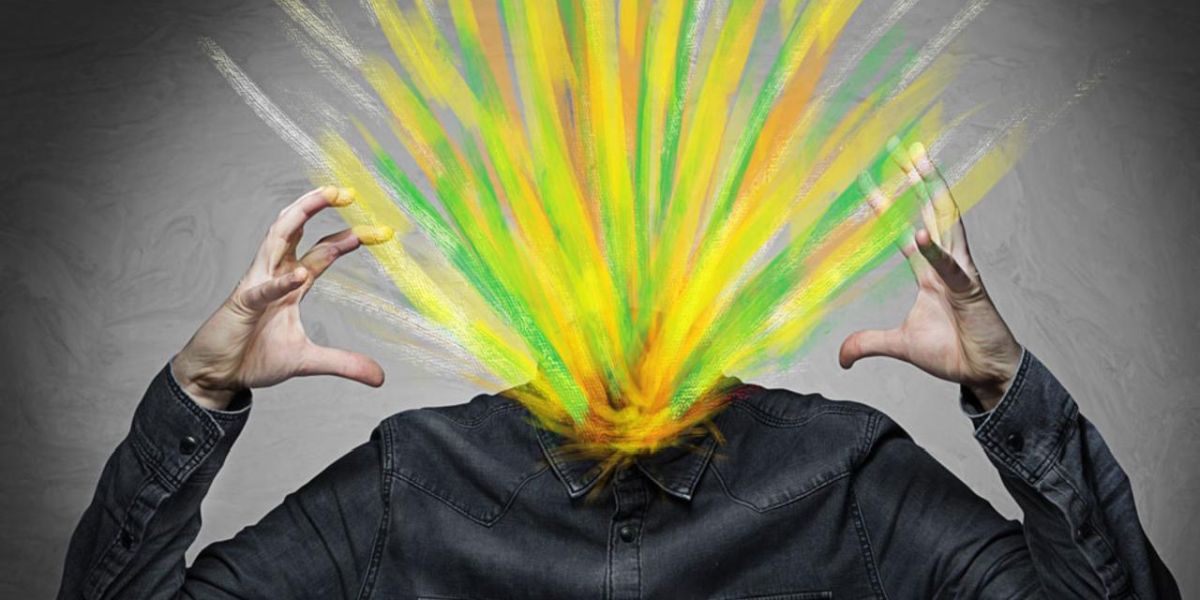
When we begin to fall asleep, the body "turns off" and comes a kind of paralysis, which provides us with a resting state. At this stage, the brain takes the body to sleep, turning off the activity centers one by one.
But sometimes during this process failures or "glitches" occur, causing extremely unpleasant sensations. For example, "the syndrome of an exploding head" - when, due to a sudden outbreak of activity in the areas responsible for the processing of sounds, it seems to you as if all the brain cells are simultaneously firing, so that an "explosion" occurs in the head.
Or another common disorder: it seems to you that you are not sleeping, but you can not move . By the way, both these syndromes can explain some "supernatural visions", for example, ghosts and UFOs.
2 nd hour: immersion in the deepest sleep
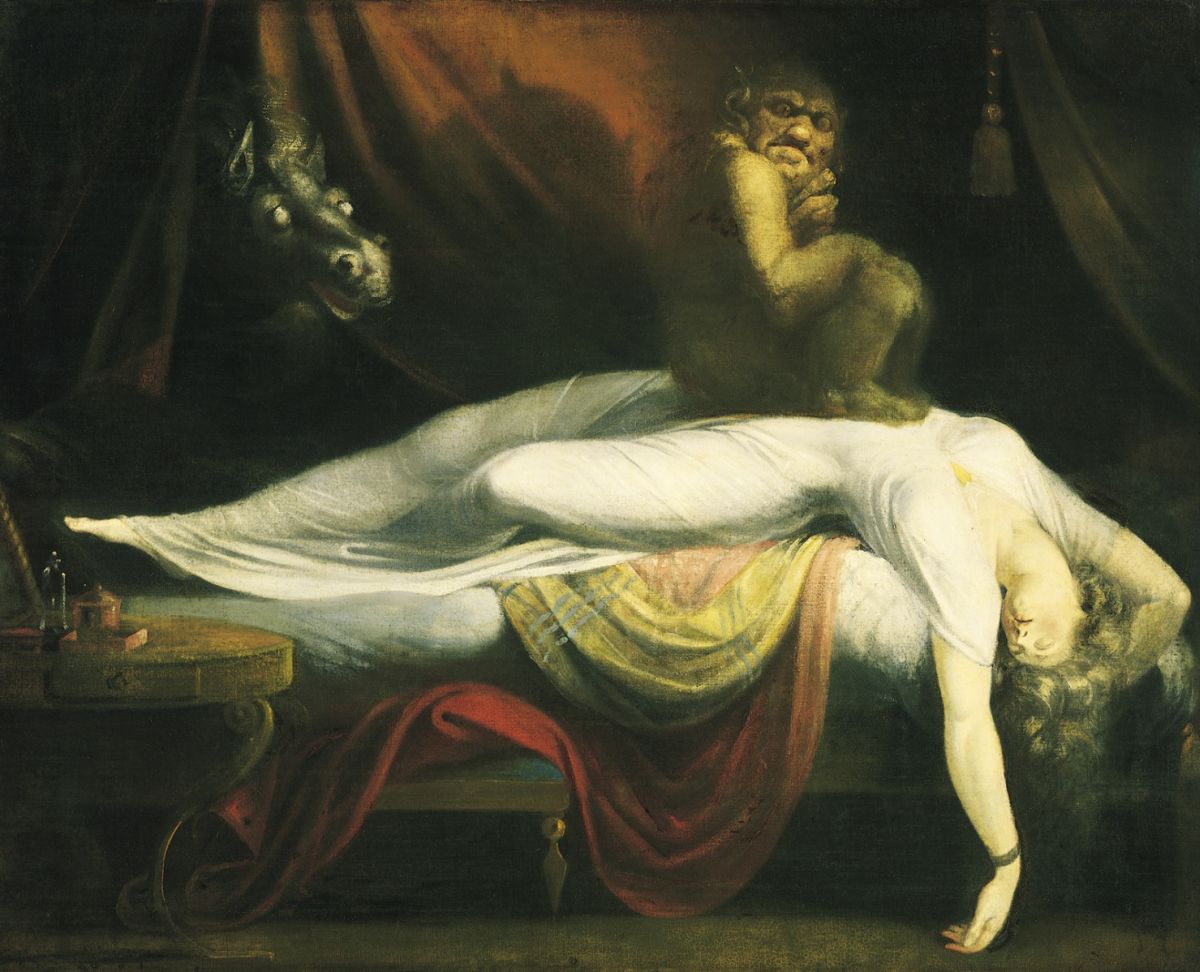
The famous painting by Johann Fussli "The Nightmare", 1781.
If 12 nights in a row sleep only for 6 hours, then comes a sleepy "intoxication" - just like a man with real alcohol in his blood. That is, the language will be plaited, problems with coordination and memory will begin.
3 rd hour: return to the first, drowsy stage
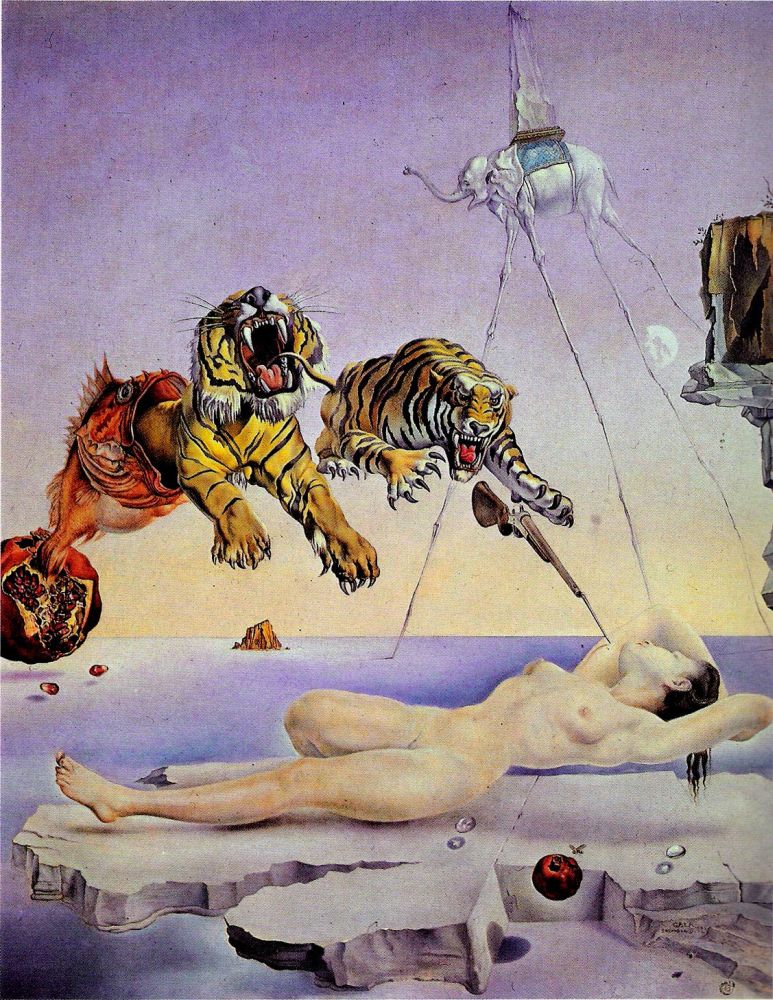
"Sleep caused by flight of a bee around a pomegranate, a second before awakening," Salvador Dali, 1944.
At this time, as a rule, dreams are made. They are often crumpled and chaotic - this is a sign that your brain is putting together disparate thoughts and memories, trying to fix them in your memory.
This also explains why a person deprived of sleep begins hallucinations. When there is no possibility to organize memory in a dream, night visions penetrate into reality, and it becomes difficult for a person to separate one from another.
5th hour: exit from the deep phase, light sleep
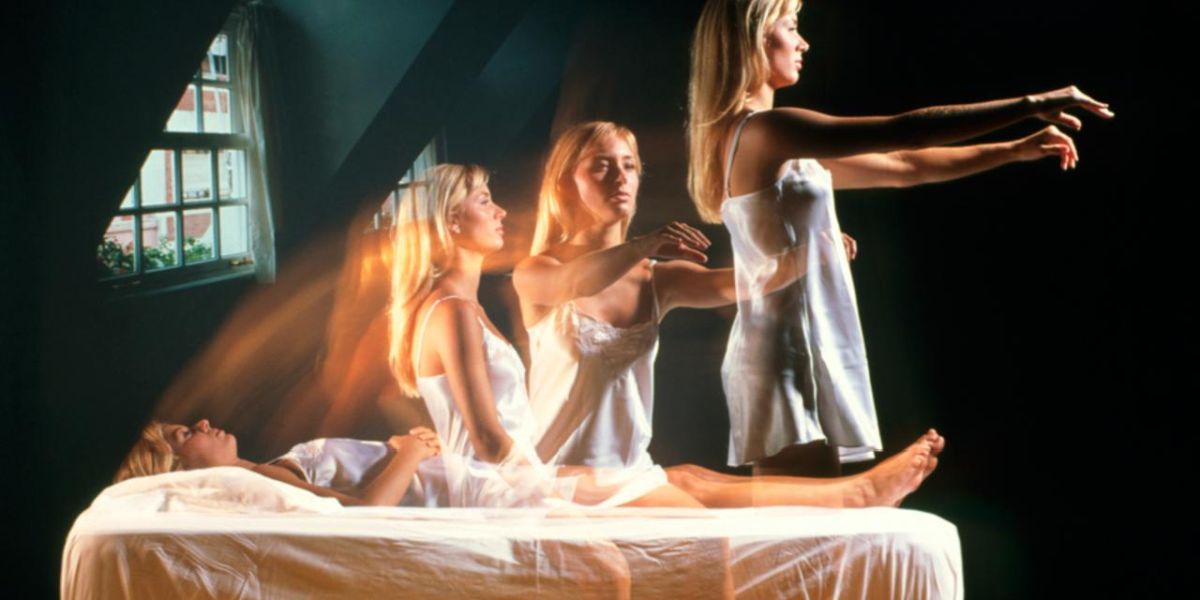
It's time for sleepwalkers walking in a dream. Somnambulism is rare and mostly in young people with mental disabilities. But it can also be inherited: the probability that a person will be a sleepwalker is 10 times higher if one of his closest relatives walks in a dream.
Sleepwalkers often talk in a dream, but are not able to answer you and generally conduct a dialogue. Usually they do not remember what they did and what they said in their dreams.
6th hour: the deepest slowest dream
This is the most important time for memory to work perfectly, and one of the main reasons why you should sleep at all: the slow fluctuations in the electrical activity of the brain help to unite and organize the memories of the past day. In addition, it is easier to survive unpleasant and painful moments in a dream and, as they say, "cleanse the head". No wonder there is a proverb "the morning is wiser than evening."
7-th hour: again a quick dream with dreams
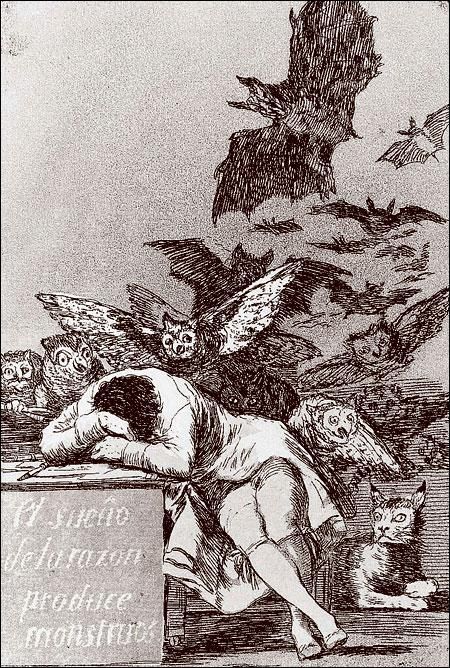
Engraving Francisco Goya "Dream of Reason gives birth to monsters", ca. 1799
With the course of the night, the phases of fast sleep are getting longer, so the best dreams are remembered in the morning. And then nightmares are more likely.
After 8 hours of sleep

A full night's sleep helps to improve mood and strengthen memory. In theory, you should wake up after another easy stage of sleep - then it will be easier for you to get up and you will feel cheerful and fresh.


Comments
When commenting on, remember that the content and tone of your message can hurt the feelings of real people, show respect and tolerance to your interlocutors even if you do not share their opinion, your behavior in the conditions of freedom of expression and anonymity provided by the Internet, changes Not only virtual, but also the real world. All comments are hidden from the index, spam is controlled.